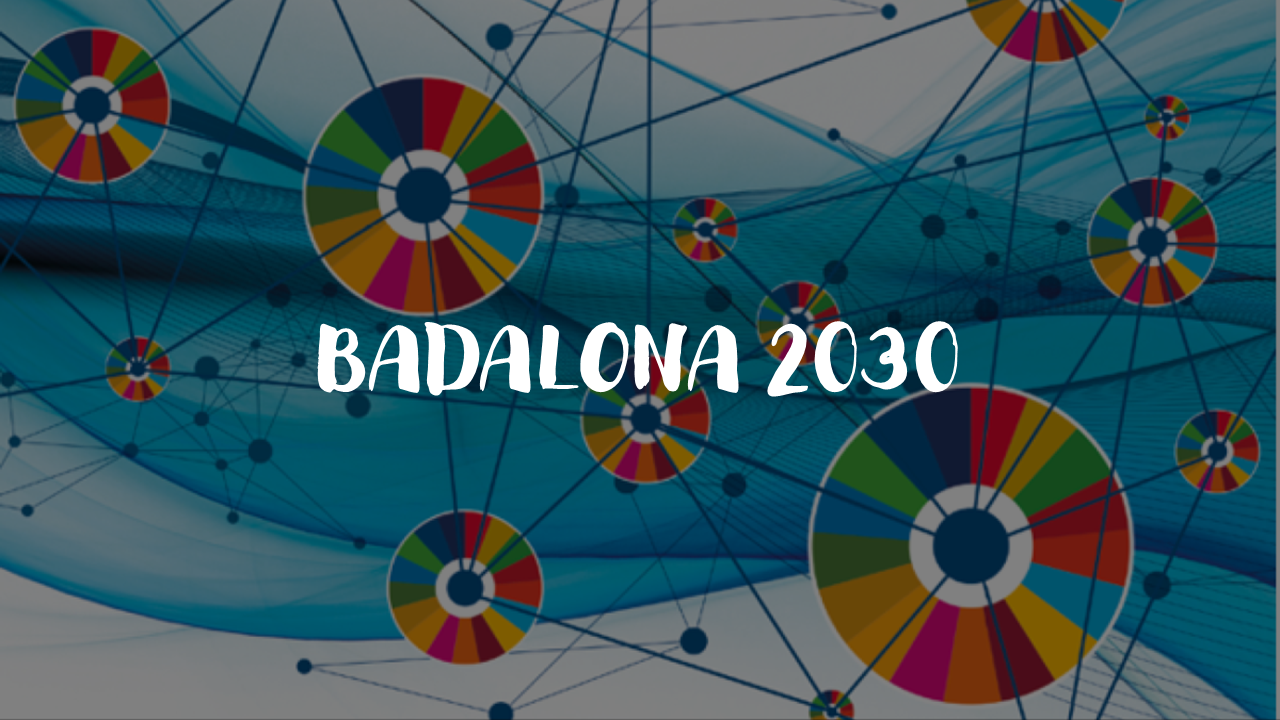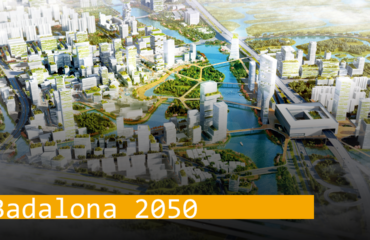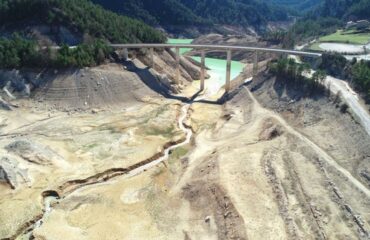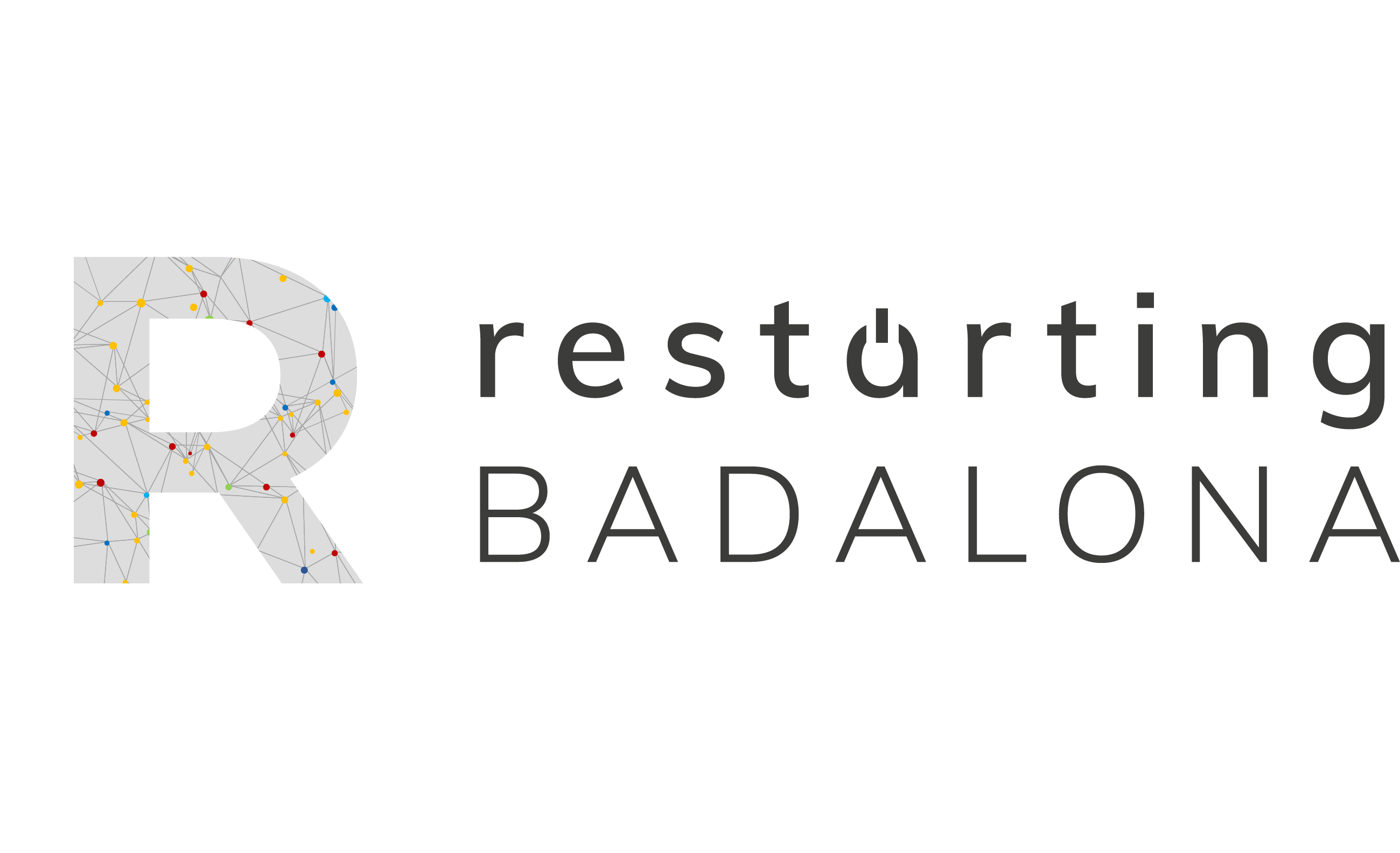
Like the rest of European cities and the world, Badalona faces ecological, socioeconomic, health and cultural challenges, which cross borders and have a direct impact on citizens. These are challenges that will shape our future and that can only be tackled globally. The most recent and abrupt, due to the speed and severity of its effects, is the pandemic caused by SARS-CoV-2. The most severe consequences of the current crisis occur in the cities and fall on the most vulnerable people. According to the United Nations, 90% of the registered cases of Covidien-19 have been concentrated in urban environments and, within these, in the most impoverished neighborhoods.
The first response actions to the pandemic came from the hands of the States, but then it was the cities that have proposed imaginative solutions, identifying vulnerabilities, creating solidarity networks and mobilizing resources among citizens. Now, the new situation derived from the pandemic demands from the institutions a first generation of rapid reaction measures and a coordinated exit strategy. Unprecedented short-term investments of a social nature will be necessary to prevent people in higher risk situations from falling out of the circle of poverty, as well as investments in support of the economic and productive fabric to minimize the impact in jobs.
Indeed, all administrations are preparing to request the resources that the Next Generation EU recovery plan must inject. In order for funds to reach Badalona, we will also have to identify what the needs are and agree on priorities for recovery. Then, prepare the data, the argumentation and the work plan that justifies the need for European funds for our city.
Second, beyond the reaction to the emergency, we must start working on a solid solution for the city in the coming years. Now that vaccines will allow us to progressively emerge from the most critical phase, we could move forward and think about how we will manage future crisis situations. At a local scale, Badalona’s stress points can be identified to reinforce preventive measures, making the city and its population more resilient to new health, ecological or economic shocks, to mention the most obvious and immediate.
Third, and in the medium term, it would be necessary to start working on a stable and robust local development model that reinforces Badalona in a social, economic and environmental way, and that at the same time is responsible for the environment. A model that responds to the needs and expectations of citizens, guaranteeing their material and emotional well-being, but without compromising the lives of future generations and assuming our share of global responsibility, as corresponds to a European metropolitan city like ours.
If Badalona agrees on a 2030 Agenda and an Urban Agenda, it will be building its future and assuming its share of global responsibility
The cities around us are already doing it. Barcelona, but also Mataró, Manresa, Granollers, Terrassa or Viladecans, to name a few close ones, work for local development with an eye toward 2030 and in accordance with the United Nations Sustainable Development Goals. They are strategies that go beyond political mandates and that take into account the global sustainability criteria established in the UN 2030 Agenda. At the same time, these municipalities prioritize some strategic axes of city work that respond to their own profile and context and are based on their strengths, their distinctive features and the aspirations of their population. They do so through widely participated processes with various public and private groups, understanding as private any for-profit or non-profit group.
The Sustainable Development Goals, or Global Goals, included in the 2030 Agenda, are a global guideline for action, based on research, internationally agreed to eradicate poverty, protect the planet and achieve sustainable prosperity for all. Derived from Objective number 11, the New Urban Agenda was approved, which guides local public policies for sustainable cities.
Said like this, they would seem unattainable objectives and far from the needs of Badalona, which are quite definite and urgent. However, institutions at different levels have developed very practical measures to land them, with very specific indicator frameworks, which provide real solutions for each context, also for a city like Badalona. The number of examples and the experience accumulated by governments at all levels from all over the country, Europe and the world is very rich, it is continuously updated and allows learning and transferring safely.
And what are the advantages of having a 2030 Agenda and an Urban Agenda for Badalona?
First, it allows the deployment of a coherent strategy for the city and shielding priority lines of work for the next decade, regardless of political alternations.
It also provides a strong position to access the funds provided within the new European funding framework. So that cities that have an Urban Agenda in the coming years that incorporates global priorities, and aligned with Europe, will find themselves better positioned, especially considering that Cohesion Policy reserves 6% of funds for direct support to sustainable urban development policies.
Internally, it opens participatory processes that involve citizen groups and makes them jointly responsible for monitoring the agreed measures. One of the most relevant aspects of the application of the 2030 Agenda is that it makes everyone responsible, from the States to each of the citizens, passing through the different levels of government.
And finally, it positions and gives visibility to the city and places it at the same level of responsibility as other cities in our closest environment, but also national and European, with sustainable global development.
Therefore, if Badalona decides to work to agree on a 2030 Strategy and an Urban Agenda, it will be building the future of the city and will also assume its share of global responsibility.
Mireia Sanabria, member of the Restarting Badalona association



